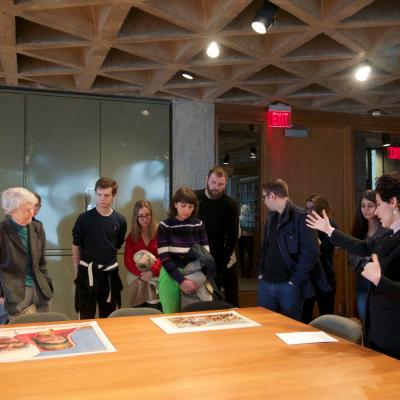


Program in Russian, East European, and Eurasian Studies at Yale University
The central repository for information on Russian, East European, and Eurasian Studies at Yale, including courses, research, events, news, and our related programs: the Central Asia Initiative and the Russian, East European, and Eurasian Studies Northeast Network (REEESNe)




